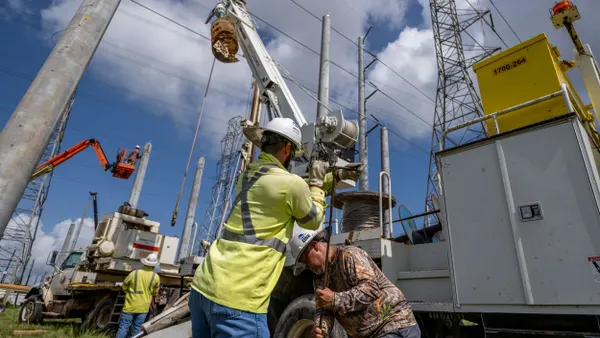Career growth can sometimes feel fake and performative, particularly for the 65% of U.S. workers who experience “ghost growth,” or the illusion of advancement but no meaningful changes in pay, promotion or authority, according to a Sept. 22 report from MyPerfectResume.
In fact, two-thirds of workers said they believe their employer engages in “growth theater” by performing support without real outcomes.
“For many, the reward for a job well done is simply … more work,” Jasmine Escalera, a career expert for MyPerfectResume, wrote in the report. “The findings paint a stark picture: more responsibility at work, same pay, broken trust and rising burnout.”
Employee burnout has reached the highest rate in nearly a decade, according to Glassdoor data. A mention of “burnout” in employee reviews is connected with 26% lower ratings for employers, on average.
In the MyPerfectResume survey of 1,000 workers, 78% said they’ve been assigned new job duties without receiving a raise or promotion. More than half said they’ve been promised promotions or opportunities that never came to be, and more than a third said they’ve never been adequately compensated for an increased workload.
Overwork without recognition tends to drain morale, Escalera wrote. Promises without follow-through can damage employee trust and lead to turnover, she noted. In the survey, nearly 7 in 10 said they’ve considered quitting due to fake or performative growth, and almost 3 in 10 actually left a job for that reason.
When thinking about real growth and support, workers pointed to concrete outcomes such as higher pay, better work-life balance, leadership roles, a clear promotion path, upskilling and autonomy.
HR leaders can improve engagement by considering employee workload, according to a report from McLean & Co. Striving for a balanced workload across teams and functions can reduce boredom, burnout and attrition, the report found.















